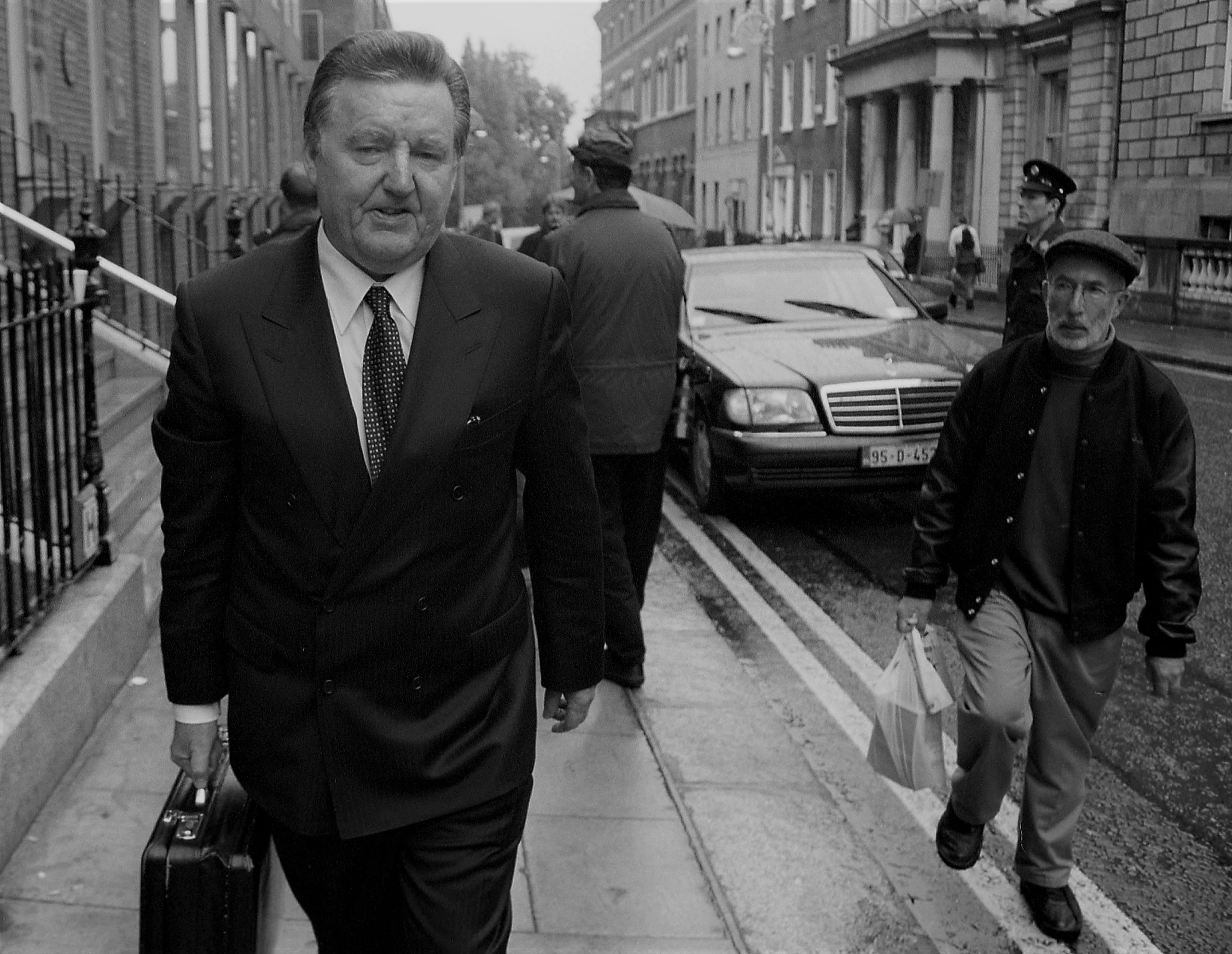In August 2012 the late Tony Spollen published a book called 50 Great Lessons from Life. In fifty short chapters, Spollen sought to capture the wisdom he had picked up in a career in banking, consultancy and at the boardroom table. The book is heartfelt and born of experience. It is without any explicit mention of his tumultuous time in banking, during which Spollen produced an explosive report. When it finally emerged, it created what was – pre-Anglo – the biggest corporate scandal in modern Irish history. The book does, however, give an insight into Spollen’s sense of values and…
Cancel at any time. Are you already a member? Log in here.
Want to read the full story?
Unlock this article – and everything else on The Currency – with an annual membership and receive a free Samsonite Upscape suitcase, retailing at €235, delivered to your door.

